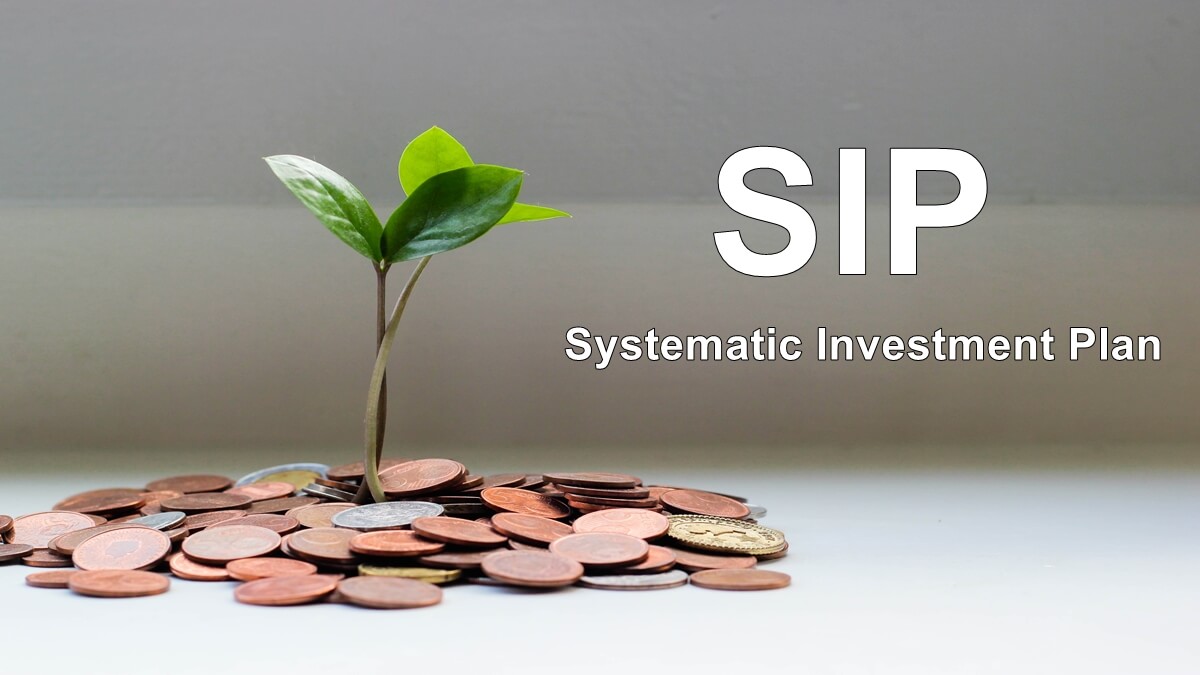Do you know what SIP means? If you are new to the investment world or if you are already a seasoned investor then you must have heard about SIP or Systematic Investment Plans. SIP means you can invest a little amount on a monthly basis in your favorite fastest-growing stocks mutual fund scheme. By turning on a SIP, a certain sum is automatically taken out of your bank account each month and invested in the mutual fund of your choice.
SIP meaning, your investment is spread out over time as opposed to a flat payment. As a result, you don’t need a sizable sum of money to begin investing in mutual funds schemes.
How does SIP function?
Now that you know SIP meaning, you can see how it works. When you make a SIP investment in a mutual fund scheme, you buy a certain number of fund units equal to your investment amount. You also need to remember that SIP meaning, you will profit from both positive and negative market patterns, eliminating the need to time your investments.
You can buy more units when the markets are down and less units when the markets are up. Since all mutual funds’ NAVs are revised every day, the price of purchase may change from one SIP installment to the next. The cost of purchases eventually averages out and ends up being on the lower end. This practice is called rupee cost averaging. When you invest using the lump sum strategy, this advantage is not accessible.
Different types of SIP
It is important to know types of SIP to better understand SIP meaning. There are a total of four different types of SIP available:
- Flexible SIP
- Perpetual SIP
- Trigger SIP
- Top-up SIP
SIP means investing a specific amount of money every month in a mutual fund scheme of your choice.
Advantages of using SIP when it comes to investment
To clear the idea of SIP meaning, its advantages cannot be ignored.
Become a Disciplined Investor
SIP investing instills discipline in your approach to investing. If you earn a significant amount of money every month, it is possible that you won’t have any money left over at the end of the month if you can’t keep your spending under control and within a set budget.
However, SIP means you would be required to adhere to a disciplined investment regime if you opt for this specific investment plan. Knowing your costs can help you develop the habit of staying under your spending limit. You will first save a handsome amount of funds, keep them aside and then spend. If you structure your financial actions around this, saving money before you spend it, you will never experience financial difficulty since you are using a disciplined investing strategy like SIP.
Taste the power of compounding
The eighth wonder of the world is frequently referred to as the power of compounding. You must be wondering what this power of compounding truly entails at this point. For example, we can look at the portfolio of the world’s most successful investor Warren Buffet who initiated his investment journey when he was just 14 years old, but it wasn’t until he was 50 that his wealth began to increase rapidly.
Under the influence of compounding, you receive returns on both the invested capital and any profits. And in doing so, you’re able to accumulate a lot of wealth over time. For instance, let us assume that you have invested Rs 1 lakh in a mutual fund in a year and it has given you a 15% return over one year. This sum will thus total Rs. 1,15,000 at the year’s end. In the next year, your total investment will become Rs. 1,15,000 and you will receive returns based on that amount. The process will repeat every year if you continue to invest.
All of your expenses are averaged
Your fee is averaged out each time you make a SIP investment. The price of the equities moves in cycles. Sometimes the trend is negative, then it changes to bullish, and then it goes back to being bearish. The cycle proceeds in this manner.
As a result, if you regularly invest a certain amount in a SIP, you will receive more units for your investments during a weak market. The exact number of units allocated to your assets will be substantially fewer when the markets increase. In other words, you buy more units when the markets are falling and less units when the market is at its top condition. Your expense is averaged out in this manner.
If you invest in a SIP, you do not need to consider the ups and downs of the market cycle because the cost will be automatically averaged out. But before anything, it is important to know the SIP meaning.
To conclude
SIP has emerged as the preferred method of investing in mutual funds in recent years. More importantly, SIP means it can help you save money so that you can reach your financial objectives in the future without significantly straining your current financial situation. All you have to do is exercise due care when choosing the fund in line with your investment horizon and keep up a consistent payment schedule each month.
